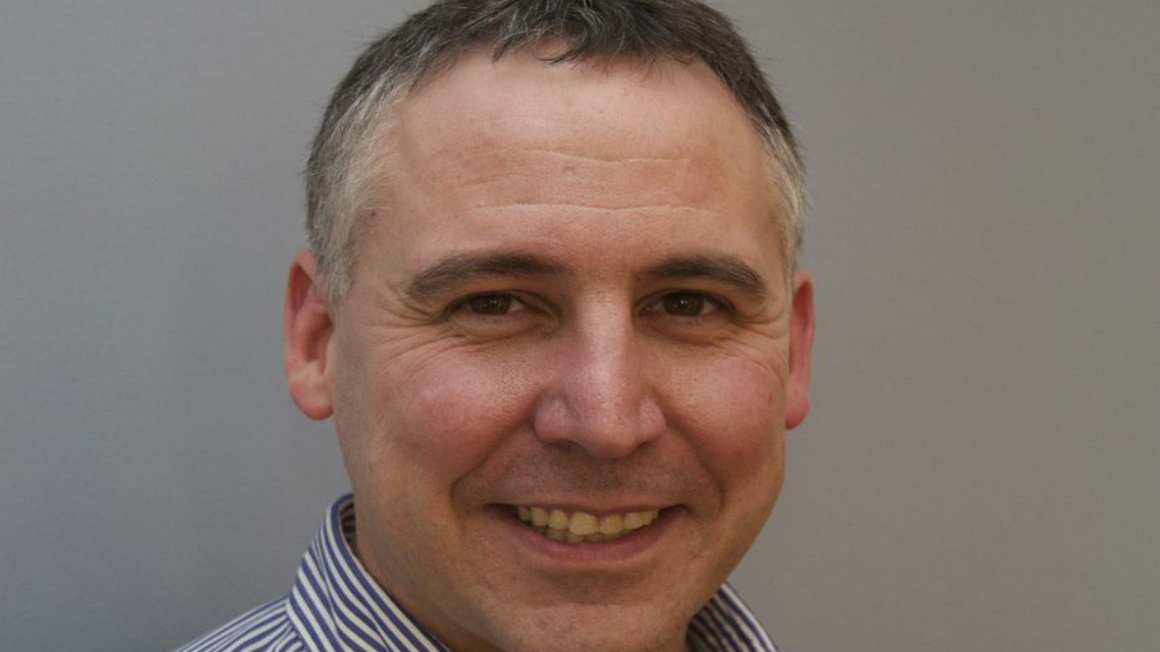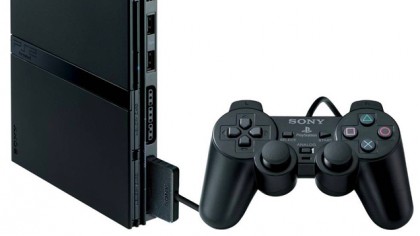360 director: Xbox One lacks the wow factor

The Xbox One reveal may have been over a week ago but the dust shows no sign of settling as we prepare for E3's promised bloodbath. For every answer gamers were given at the May 21 event, several more questions were raised. Indeed, the fate of Microsoft's console may very well hang in the next two weeks.
Few people know the legacy of Xbox better than David Reid, who served as Microsoft's director of platform marketing for several years and led the launch of the Xbox 360 back in 2005. The 360 was very much his baby, and as he tells TechRadar, "It's something to be really proud of."
When Reid joined Microsoft in 2002 he was immediately rolled into the "Xenon" team, as it was known at the time. "Xenon was Durango for Xbox 360, the internal codename before we had a real name," says Reid. And if Durango sounds familiar, that's because it recently surfaced as a potential name for what we now know as the Xbox One.
But while the Durango moniker might never have its day, other ventures considered during Reid's time with Xbox have finally surfaced with the launch of the One.
"There were things we were exploring that I now see more firmly entrenched in the Xbox One," he tells us. "A lot of the cable box stuff was stuff we were looking at with peripherals and partnerships."
The announcement of a Halo TV series, produced by Steven Spielberg, was also of no shock to Reid. "There had always been an intrigue in working with the Hollywood guys in a bigger way," he says.
"There was certainly a lot of interest in doing something bigger on the linear entertainment side as opposed to the interactive entertainment side, so none of that really surprises me."
Sign up for breaking news, reviews, opinion, top tech deals, and more.
The crown starts to slip
But this was all at a time when the home console was king, safely walled up in living rooms with no idea that smartphones and tablets and were about to make their siege.
"It was such a blast to launch a console," laughs Reid. "We had a giant launch event. Three thousand six hundred gamers came to the Mojave desert and it was just awesome."
It was also the point that Microsoft's fortune in the console space was about to be turned on its head. "It's hard to sometimes remember just how badly PlayStation was destroying Xbox," says Reid.
"For every three PlayStation 2s that would sell, you'd sell one GameCube and one Xbox. That's what the market share was there. And to be able to come out and be in a pretty good place...that's not what people expected"

Sign o' the times
Since leaving Xbox, Reid has taken a similar position at CCP games, the team behind MMO title Eve Online. But Reid was still following the Xbox One reveal with fanboy enthusiasm, and yet, like so many others, came away with a slight sense of disappointment.
"I'm just not feeling that same level of fanboy excitement this time around that I did last time. I just remember a lot of gamers fired up and excited about things [for the 360]. I guess I'm hearing more disappointment this time around," he says. "It definitely felt like last time people were more excited."
He's not alone. Since the Xbox One reveal, rumours have been flying about backwards compatibility, DRM, internet connection demands - and even the possibility of TV achievements. Whether there's truth in any of this will likely be revealed at E3, but was Microsoft biggest slip-up its failure to just talk about games? Perhaps, but Reid reckons the problem is much larger.
"I do feel that [the console's] relevance as the centre of the videogame business is waning very fast," he says. "It does feel like it's becoming much more about the PC, about the tablet, about mobile, about digital delivery, about microtransactions.

Hugh Langley is the ex-News Editor of TechRadar. He had written for many magazines and websites including Business Insider, The Telegraph, IGN, Gizmodo, Entrepreneur Magazine, WIRED (UK), TrustedReviews, Business Insider Australia, Business Insider India, Business Insider Singapore, Wareable, The Ambient and more.
Hugh is now a correspondent at Business Insider covering Google and Alphabet, and has the unfortunate distinction of accidentally linking the TechRadar homepage to a rival publication.